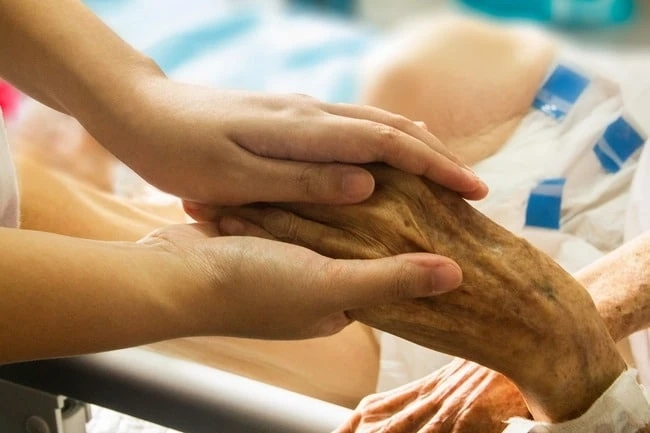No one wants to think about what it will be like to lose a loved one or to approach the end of their own life. However, this discomfort shouldn\'t cause people to suffer unnecessarily. Enrolling a loved one in hospice will allow them to spend their final days, weeks, or months in comfort and peace, provide support to the family, and more. Read on to find out about a few of the signs it\'s time for Hospice Care in Thousand Oaks, California.
Rapid Decline in Health
If a patient is receiving aggressive medical treatments but their health is still declining rapidly, they may receive a recommendation to stop treatment and enter hospice care. In all cases, it\'s up to the patient to decide whether to keep trying to fight a fatal disease. However, to enroll in hospice care, a doctor must state that the person has six months or less to live, and rapidly declining physical health can indicate that may be the case.
Inability to Care for the Patient at Home
Most people do not want to spend their final days in hospitals. They want to be at home where they can feel comfortable in recognizable surroundings and have their families and other loved ones nearby. Generation Hospice Care and similar programs make it possible for people nearing the end of their lives to get the palliative care they need at home, making them a good option for those who are ready to give up the aggressive care measures offered in hospitals.
Mental Signs of Declining Health
Depending on the disease, mental signs of declining health can set in earlier or later. They often include decreasing alertness, increases in the person\'s amount of sleep, mental confusion, and withdrawal from what\'s going on around them. Family members often find the mental signs of declining health very distressing to deal with, even if the person about to enter hospice care does not. They can typically get help from grief counselors through the hospice care program.
Signs of Increasing Physical Illness
If a person seems to be getting sick more often or suffering from frequent or recurring infections, that may be a sign that their underlying disease is progressing more quickly. Look for issues such as shortness of breath, nausea, vomiting, and uncontrolled pain. These issues can be dealt with at home through a hospice care program to improve the person\'s quality of life.
Take Action Now
In many cases, it\'s not the person suffering but their loved ones who notice signs of declining physical and mental health. When that happens, speak with the person\'s doctor and ask, is it time to seek out hospice care near me? Getting a doctor\'s approval is the first step towards successful enrollment in a hospice care program, which can help to alleviate the person\'s suffering and provide support for their family, so don\'t put it off.



